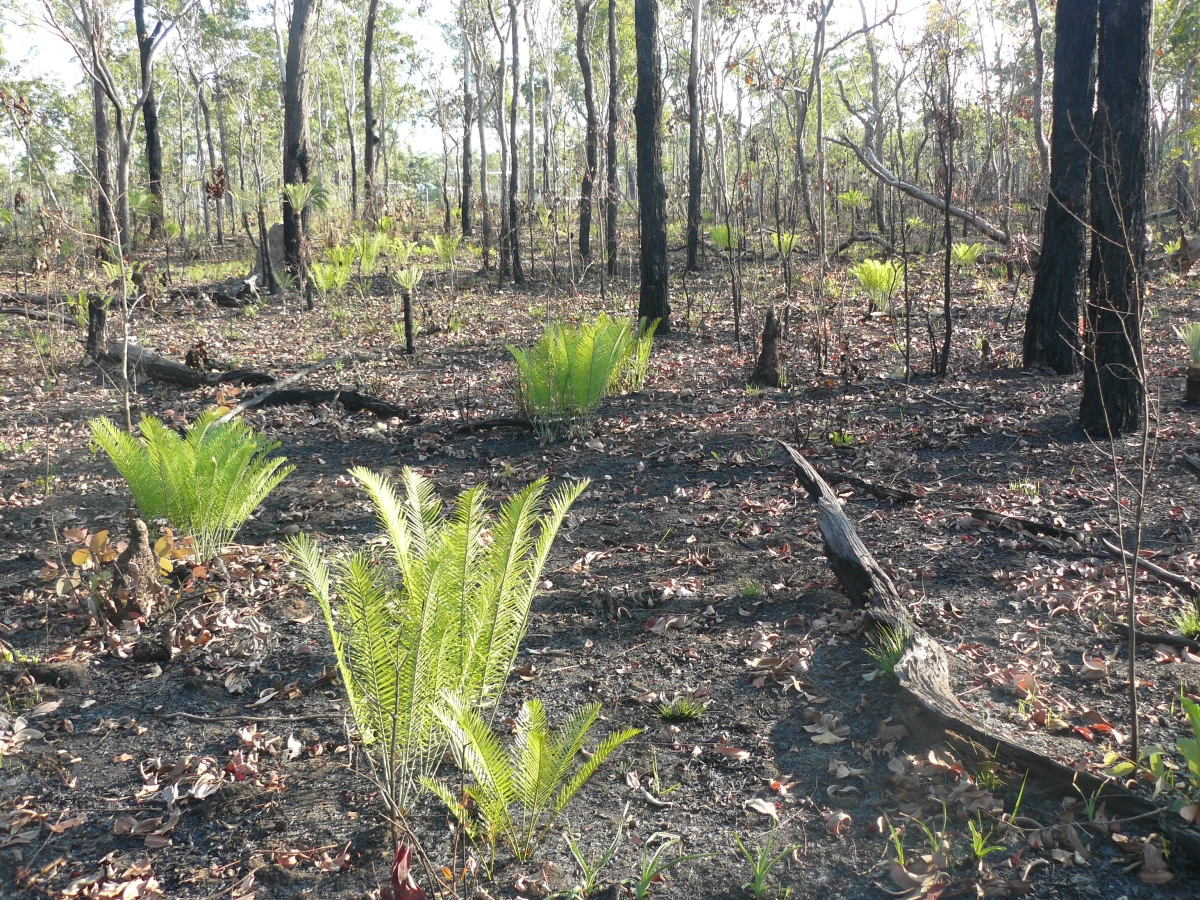 If ever there was a plea for conservation actions that really do something to reverse the catastrophic ecosystem and ensuing economic crashes that are happening worldwide, its embodied in this essay by Paul Gilding. I won’t write much more on the subject because Paul says it so much more eloquently and thoroughly than I can. Please read his Scream Crash Boom 2: The Great Disruption.
If ever there was a plea for conservation actions that really do something to reverse the catastrophic ecosystem and ensuing economic crashes that are happening worldwide, its embodied in this essay by Paul Gilding. I won’t write much more on the subject because Paul says it so much more eloquently and thoroughly than I can. Please read his Scream Crash Boom 2: The Great Disruption.
Less affluent countries more prone to damage caused by biological invasions despite lower trade volume
Non-native species introduced mainly via increasing trade of goods and services have huge economic, health, and environmental costs. These ‘biological invasions’ involve the intentional or unintentional transport and release of species beyond their native biogeographical ranges, facilitating their potential spread. Over the last few decades, invasive species have incurred an average cost of at least…



Hi Paula,
In response to:
Yes, the good-news stories dominate because humans essentially can’t handle too much gloom and doom. My opinion is that we’re not NEARLY gloomy enough.
For a brief synopsis of the Holocene extinctions, see the Wikipedia entry on the subject here. One of the principal issues is that we know (via species-area relationships and recorded extinctions) that our modern extinctions go vastly unrecorded. I’m afraid for every 1 species we ‘discover’ (i.e., just happen to look or are lucky enough to bump into), another 100 to 10000 probably disappear. This is the tragedy.
For environmental ‘justice’, there’s actually a journal dedicated to the subject. See Environmental Justice.
CJA Bradshaw
LikeLike
I just read the Scream crash boom article – nice writing, and then I read Will global warming cause a mass extinction here http://bravenewclimate.com/2008/08/14/will-global-warming-cause-a-mass-extinction-event/ . Things aren’t adding up Corey. In the 80’s we were screaming ‘extinction, extinction’…today Scientists are screaming “50% of all primates are on the verge of extinction’ … i can’t think of a single species that has actually gone extinct but that’s besides the point. Despite all the ‘screaming’ the response has kind of died down – more bad news, more endangered species on the list (a quarter of the worlds birds for crying out loud). It feels pretty hopeless no? Yet, WCS are out there announcing ‘tens of new species discovered in Vietnam, Congo, Indonesia… and 125,000 gorillas found (as if they were lost). Frankly it’s a stupidly confusing message. I suspect that WCS have wised up to the global conditioning of bad news that leads us to ‘turn the page’ and the stickyness of ‘good news stories’. Today someone very wise said to me – “the crashes get the attention, but it’s the slow declines, the chronic effects that happen so slowly that we don’t notice them that are the most sinister, by the time we realise it’s probably too late”. We were talking about the long term consequences of pesticide dumping in Africa on wildlife – frankly we’re screwed. By the time we do the research and get the convincing data it’ll be too late. We should stop expecting to see headlines about “mass extinctions” in our lifetimes and start getting serious about applying precautionary approaches to development. China’s appetite in my opinion is the biggest threat to global biodiversity and human security and welfare in Africa. What’s happening in Sudan, Congo, Kenya, Zambia … it’s all under the radar right now… conflicts over resources due to external pressures (dams, minerals, timber, water) – we won’t see world wars over the destruction of these resources because effects will be local, and people affected are marginal at best. We’ll be shaking our heads at those damn Africans (of which I’m one) while happily forking out to save desperate starving helpless children. But we won’t stop the injustice – I think we need a new theme in Conservation – something like environmental justice
LikeLike
It’s a great article Corey. The Great Disruption is definitely here. Bring it on! It’s a terrific opportunity for entrepreneurs, scientists, thinkers and movers.
LikeLike